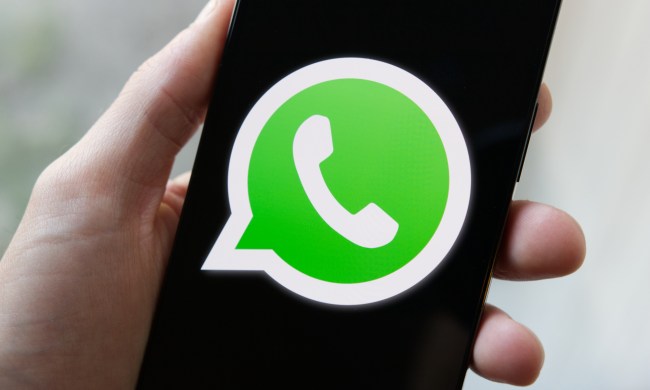
“We are proud of this milestone, and we’re humbled by the extraordinary ways all of you have used WhatsApp,” the company said in a post announcing the achievement, adding that it was “excited to see how far we’ve come.”
News that the messaging app now has a billion monthly active users is certain to put a big smile on the face of Facebook boss Mark Zuckerberg, who was instrumental in the move to acquire WhatsApp for a jaw-dropping $19 billion in 2014, five years after the app launched.
Despite being the most-used messaging app in the world, WhatsApp doesn’t actually make any money. At least, not yet. In line with the long-held promise of WhatsApp founder and CEO Jan Koum, the app has never developed any kind of ad platform, and its only revenue stream, a $1 fee levied on users after a year, was recently scrapped. Both Koum and Zuckerberg have recently suggested monetization will be achieved by developing features within WhatsApp that help businesses connect with customers.
Alongside WhatsApp, Facebook also has another massive messaging app in its stable – Messenger. The company recently announced that Messenger now has 800 million users, and it’s growing at such a rate that it could challenge WhatsApp before the end of the year. However, WhatsApp’s recent decision to do away with its $1 fee is likely to give its user numbers a further boost, especially in developing countries where Koum said the charge prevented a lot of people – particularly those without a payment card – from signing up.
Following apparently short-lived celebrations, the team said in its Monday blog post, “It’s back to work – because we still have another six billion people to get on WhatsApp, and a long way left to go.” Considering WhatsApp’s phenomenal growth, perhaps achieving this highly ambitious goal is once again a matter of “when,” not “if.”
